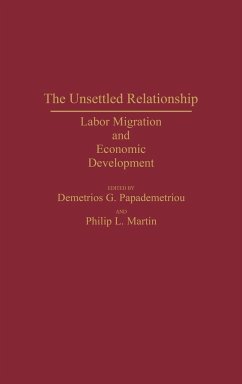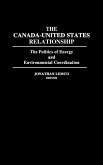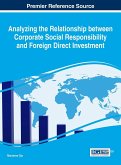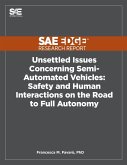More than twenty million migrant workers send $40 billion to their countries of origin each year, making labor second only to oil as the most important commodity traded internationally. The essays contained here deal with this unsettled sociopolitical issue--international labor migration and its relationship to economic development--seeking to determine the effects of recruitment, remittances, and return migration on labor-exporting countries. Many analysts, sending-country governments, employers, and migrant workers feel that countries with unemployed workers should, if possible, export them to countries with labor shortages. Remittances from migrants and returning workers who were trained abroad should stimulate economic growth enough to reduce unemployment and pressures to emigrate. It was projected that within a decade or less, labor-importing countries would emerge from the labor-shortage phase of their development. However, migrant workers have become a structural feature of the economies in Western Europe, the Middle East, South Africa, and the United States: emigration does not promote development in the sending countries. This collection of twelve chapters by experts in the field examines the conceptual and theoretical issues in international labor migration and looks at the relationship between migration and development in Africa, between Mediterranean countries and Europe, between Asian labor exporters and Middle Eastern importers, and the effects of emigration on Latin America and the Caribbean. In addition to comprehensive introductory and concluding sections, Conceptual and Theoretical Issues in International Labor Migration and The Unsettled Relationship between Migration and Development, the volume is divided into four additional sections that scrutinize labor migration and development in Africa, Greece, and Turkey, Asian countries, and Latin America, Mexico, and the Caribbean. The book's recurring theme states that there is no iron law of migration-induced development: recruitment, remittances, and returns do not automatically generate stay-at-home development. This first thorough and comparative treatment, with its focus on the population, social policy, labor market, language, and foreign policy implications of recent and present policies, will be invaluable for courses on refugees and migrants in sociology and comparative public policy. Research libraries and international assistance organizations will find it an indispensable resource.







